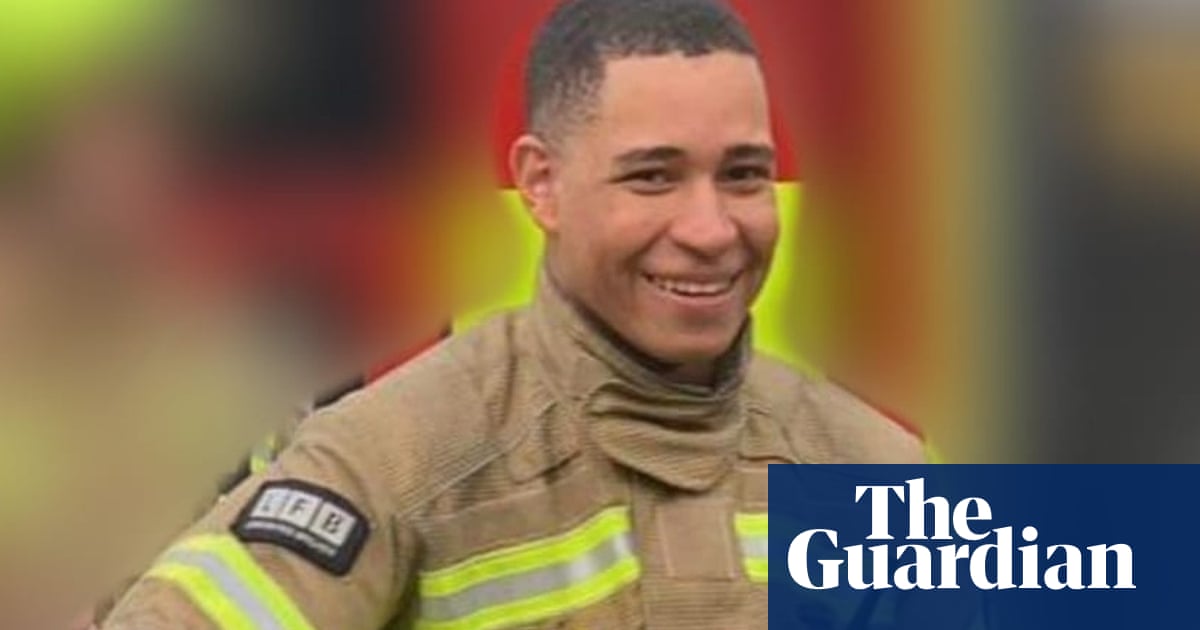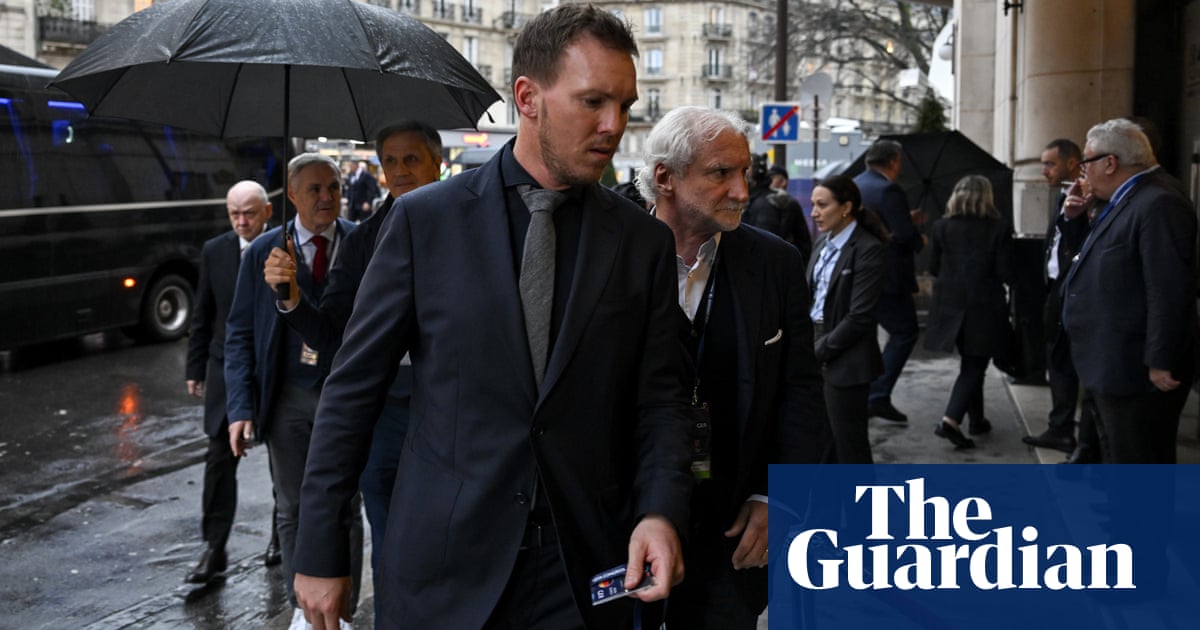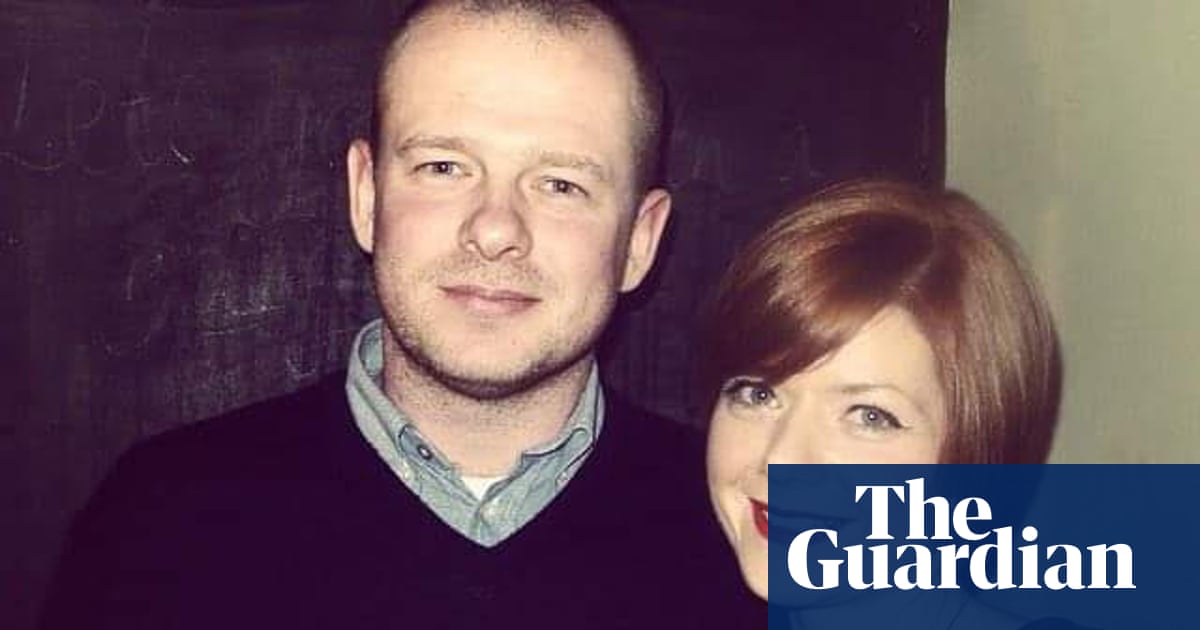
A transgender woman who took her own life as she waited for help for mental health issues felt “marginalised and fobbed off”, her family have said.
Alexandra Greenway, 23, was detained by police a month before her death after a previous suicide attempt, and psychiatrists said they believed she would benefit from talking therapy. But by the time she was found collapsed at her flat in Bristol, she had heard nothing from the services that would have provided cognitive behavioural therapy (CBT).
Greenway felt that almost all of those involved in her care did not fully understand her needs as a transgender woman, said her mother, who added that the services that might have helped her daughter were too stretched to get to her in time.
Jacqueline Greenway said the professionals who spoke to her daughter seemed to focus on her stress at work rather than her experience as a transgender woman. “Alexandra had complex needs that were not fully explored. She felt constantly marginalised and fobbed off,” Jacqueline Greenway said.
“There are too many people waiting for CBT. They just didn’t have the capacity. Alexandra didn’t see any signs of the CBT materialising, she couldn’t wait any longer, that’s why we believe she took her own life. All services appeared to be under too much pressure.”
She said her daughter experienced “a long and difficult road in achieving gender reassignment surgery”. Because of the length of her wait for treatment she felt forced to self-medicate with costly hormones she bought from abroad.
Gender reassignment surgery eventually took place in 2017, but Alexandra suffered complications. In the weeks and months before her death she was distressed over issues including a desire for treatment to remove body hair.
An inquest at Avon coroner’s court found on Friday that on the balance of probabilities Alexandra Greenway took her own life.
The inquest was told that on 10 April 2019, almost exactly a month before Alexandra’s death, police in Bristol were called to try to help her when she apparently tried to take her own life after leaving work at lunchtime. She told an officer that she had voices in her head that “never go away”.
Officers tried to call their own mental health triage team, but nobody was on duty. They decided to detain her under section 136 of the Mental Health Act 1983 but there was no bed for her in Bristol and she was taken to a psychiatric hospital 40 miles away.
Alexandra, who had a degree in clinical psychology, told doctors she wanted to access talking therapy, and doctors concluded she would benefit from CBT. But on 11 May 2019 she died before she had spoken to anyone.
Her family are upset that the inquest did not consider wider issues around her care but focused only on a few weeks before her death. “We are left with what-ifs,” said Jacqueline. “We can’t move on from that grief and frustration.”
Selen Cavcav, a senior caseworker at the charity Inquest, which has supported Greenway’s family, said: “Alexandra was a young woman trying to access suitable therapy and support passed from pillar to post. With oversubscribed, disconnected and under-supported mental health services, she simply did not get help the help she needed. Now more than ever, access to gender-informed specialist mental healthcare must be a priority in Bristol and nationally.”
Dr Sarah Constantine, the medical director for Avon and Wiltshire Mental Health Partnership NHS trust, said: “Alexandra’s death was a tragic event and we offer our sincere condolences to her family and friends at this difficult time. If you are struggling with your mental health, we would encourage you to speak to someone close to you, a healthcare professional, or access support online or through voluntary organisations.”
In the UK and Ireland, Samaritans can be contacted on 116 123 or email jo@samaritans.org or jo@samaritans.ie. In the US, the National Suicide Prevention Lifeline is 1-800-273-8255. In Australia, the crisis support service Lifeline is 13 11 14. Other international helplines can be found at www.befrienders.org.












